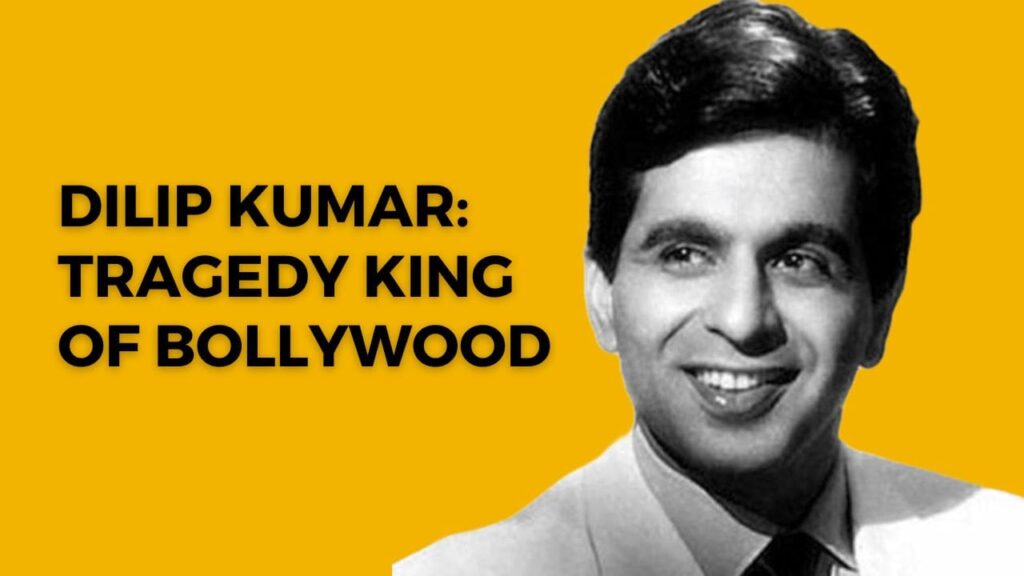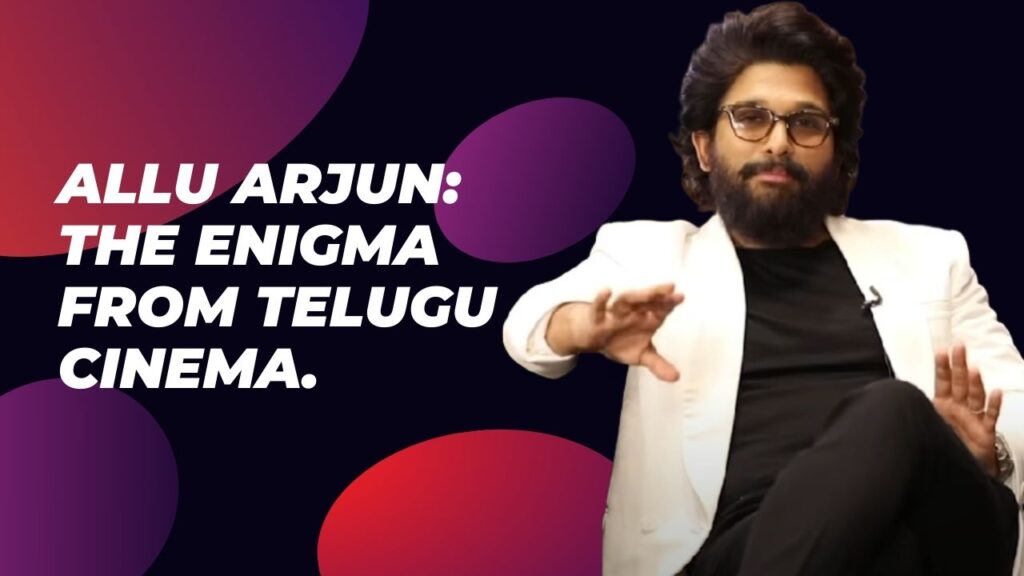Introduction about Dilip Kumar:
Let us go on a journey through the life and times of Dilip Kumar, an iconic actor in Indian cinema. He came to be known as the “Tragedy King”. His unparalleled acting ability and versatility have left a memorable mark on the history of Bollywood movies. This blog post will explore the enigmatic personality of the great actor. We shall try to know about his early days in the film industry to becoming a celebrated legend.

Description:
Renowned for his method acting and intense performances, Dilip Kumar’s career spanned over five decades. His acting contributions left an enduring impact on the movies made in this time. His breakthrough came with the film “Jugnu” in 1947. He went on to deliver memorable performances in films like “Mughal-e-Azam”, “Devdas” and “Naya Daur.” He had ability to adapt to a range of characters, from tragic heroes to intense main lead. This set him apart and got him the title of the “Tragedy King.”
FAQs about Dilip Kumar:
What is Dilip Kumar’s real name?
His real name is Muhammad Yusuf Khan.
When was he born?
He was born on December 11, 1922.
In which city was he born?
He was born in Peshawar, which is now part of Pakistan.
What was his debut film?
He debut film was “Jwar Bhata” in 1944.
Where was he born?
Dilip Kumar, born as Muhammad Yusuf Khan, was born in Peshawar, British India (present day Pakistan).
Who were his parents?
His father was Lala Ghulam Sarwar and his mother was Ayesha Begum.
Did he have siblings?
He had 11 siblings. He was the sixth among 12 children.
Education, Marriage, Children And Performances.
What was his educational background?
He attended Barnes School in Deolali, Maharashtra. Later he enrolled in Nashik’s K. C. College.
How did he enter the film industry?
He initially worked as a canteen owner and a dry fruits supplier in Pune. His entered into films when Devika Rani, the wife of Bombay Talkies studio owner Himanshu Rai, noticed him and offered him a part in “Jwar Bhata” (1944).
When did he get married and to whom?
Dilip Kumar got married to actress Saira Banu on October 11, 1966.
Did he have children?
He and Saira Banu did not have children.
What were some of his best performances?
Dilip Kumar delivered memorable performances in films like “Mughal-e-Azam,” “Devdas,” “Naya Daur,” “Ganga Jamuna,” and “Shakti.”
Did he work with any particular film maker consistently?
He had a successful collaboration with film maker Bimal Roy with whom he worked on films like “Devdas” and “Madhumati.”
Who were some of his famous co-actors in the film industry?
He shared the screen with many legendary actors like Raj Kapoor, Dev Anand, and Rajendra Kumar during this era of Indian cinema.
Did he ever take a break from acting?
He took a brief break from acting in the late 1970s but returned with the film “Kranti” in 1981.
Philanthropy, Civilian Honors And Acting Style.
What philanthropic work was Dilip Kumar involved in?
He actively involved himself in various charitable activities, including supporting educational institutions and healthcare causes.
Did he receive any civilian honors for his contributions to cinema?
He was given the Padma Bhushan in 1991 and the Dadasaheb Phalke Award in 1994. He also received a National Award for Lifetime Achievement in 2006.
Did he receive any international recognition?
In 1980, they appointed him as the Sheriff of Mumbai (then Bombay) in 1980 and he received the Nishan-e-Imtiaz, Pakistan’s highest civilian award, in 1997.
What was his part in the film “Mughal-e-Azam”?
He played the iconic role of Prince Salim in “Mughal-e-Azam,” . The film is celebrated as a classic in Indian cinema to this date.
How did his acting style influence future generations of actors?
His method acting, adaptability and subtle performances set a benchmark for realistic acting in Indian cinema, which inspired future generations of actors.
Did he ever venture into film production?
He set up a film production company called “Dilip Kumar Productions” and produced the film “Ganga Jamuna.”
Dilip Kumar Autobiography, Evolving Roles, Television And Production.
Did he receive any recognition for his contribution to Urdu literature?
He was honored with the Sahitya Akademi Award in the year 1979 for his autobiography “Dilip Kumar: The Substance and the Shadow.”
How did he cope with the changing landscape of Bollywood in the 1990s?
He adapted to the evolving trends in the movie business by choosing roles that reflected his versatility in films like “Karma” (1986) and “Saudagar” (1991).
What were his views on the portrayal of social issues in films?
He believed in the role of cinema to highlight societal issues and often selected roles that reflected upon social injustices.
Did he ever work in regional cinema?
He acted in the Marathi film “Prem Naam Hai Mera” (1976) and a Punjabi film “Teri Meri Ik Jindri” (1975).
Were there any films in which he and Saira Banu starred together?
He and Saira Banu appeared together in films like “Gopi” (1970) and “Bairaag” (1976).
Did he ever explore acting on television?
He made an entry into television with the series “Kalinga” (1991) which showcased his versatility across different mediums.
Did he ever collaborate with his contemporaries in joint productions?
He and actor-director Raj Kapoor collaborated to form the production company “Trimurti Films”. They produced the film “Sagina” (1974).
Controversies, Impact On Audiences And Symbol of Cultural Exchange.
Were there any conflicts or controversies in his career?
Dilip Kumar was known for his professionalism. He generally avoided controversies and focused on his craft. He maintaining a dignified public image.
What was the impact of Dilip Kumar’s films on the global audience?
His films with their universal themes and powerful performances, gained acclaim from audiences across South Asia and other countries which contributed to the global recognition of Indian cinema.
How did he contribute to the promotion of cultural exchanges between India and Pakistan?
His visits to Pakistan and his recognition there played a role in improving cultural ties and promoting goodwill between the two countries.
Did he receive any posthumous honors or tributes?
After his passing, the Indian film industry, political leaders and other notable personalities of the time paid tributes for his great contribution to Indian cinema. He was given with state funeral honors.
When did Dilip Kumar pass away?
He passed away on July 7, 2021, due to age-related health complications at the age of 98.
Conclusion:
In conclusion, Dilip Kumar’s legacy as the “Tragedy King” of Bollywood will forever remain in the hearts of film enthusiasts worldwide. He brought great depth and authenticity to each role he portrayed. Dilip Kumar remains a celebrated legend in Indian cinema. His performances will continue to resonate and inspire future generations of actors. Dear Readers, you may read some of our other articles from the “Home” page on our website.


